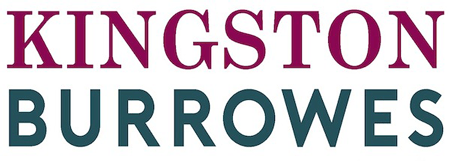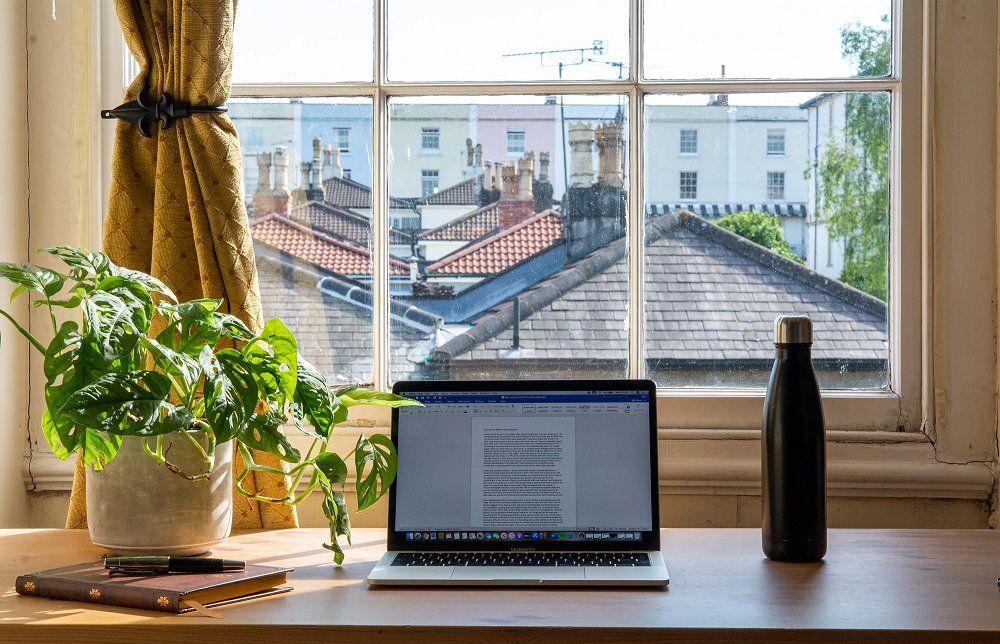For many employees the COVID-19 pandemic changed their working arrangements. Suddenly the ‘office’ took on a new meaning and location, namely their own homes. Here we discuss the tax implications that anyone working from home should consider.
Choice or necessity?
The first thing worth noting when it comes to the tax implications of homeworking is that eligibility for tax relief depends on whether you had a choice in the matter. If an employee has been forced to work from home or their home has been designated as their workplace, this is quite different from them choosing to work from home.
If it is written into your contract that your place of work is your home, or if your employer does not have enough office space to accommodate all employees, then you would be eligible for tax exemption/relief. If however the homeworking arrangements are only occasional/informal, you would not be able to claim relief or reimbursement.
Home working tax relief or expense reimbursement?
Expense reimbursement is different from tax relief because it means that your employer is directly reimbursing you for business expenses. Tax relief on the other hand, requires that you make the claim via HMRC. If your employer is reimbursing you for expenses, they don’t need to report the expense payments to HMRC, as long as they are valid business expenses. As an employee however, you would be responsible for retaining evidence of the expenses in the form or invoices/receipts/statements.
Homeworking costs that could be reimbursed by your employer include additional heating and lighting, telephone charges, and metered water. The costs must be reasonable and should relate to duties undertaken, but for simplicity, a flat reimbursement rate of £6 per week can be used to avoid time consuming and complicated calculations. If you need to claim more than £6, then you will need evidence such as bills, receipts or contracts.
HMRC guidance clearly states however, that you cannot claim for things that are associated with private and business use, where you cannot demonstrate an increase due to home working. This includes costs such as rent, mortgage payments, council tax, water rates etc.
Tax Relief – who is eligible and what’s covered?
The principles of tax relief are similar to expense reimbursement, but in a different form. As a taxpayer, you are eligible to claim tax relief from your employment income if you incur business expenses. You are entitled to relief for part of your household running costs if you are contractually required to work from home and your employer does not already reimburse any household expenses.
In practise your taxable income is effectively reduced and so therefore is the amount of tax you need to pay. These costs may also be referred to as ‘tax deductible’ or ‘allowable’ expenses.
The criteria for claiming employment expenses are strict and HMRC states that expenses must be incurred ‘wholly, exclusively and necessarily in the performance of the duties of the employment’.
Common tax relief expenses
Some of the more common expenses that would be eligible for tax relief include:
- Heating and lighting expenses
- Business phone call costs
- Provision of a new broadband connection (This only applies to a new connection, not an existing one and use of the connection must be restricted to business use only.)
- IT equipment and office supplies including laptops and tablets (Use is restricted to business purposes only and private use should be limited)
Costs which are excluded from tax relief
As with expense reimbursement, certain costs are excluded from tax relief, such as mortgage payments, rent, council tax and water rates. These costs would be the same whether or not you work from home and are not therefore eligible for relief.
The tax relief claim process
You can check your eligibility for tax relief and make a claim via the Gov.UK website. To make a claim, you will need your Gov Gateway User ID and password (which can be setup if you don’t already have this).
If your expenses exceed £2,500, then the tax refund claim must be made through a formal Self-Assessment tax return. You would receive a tax refund cheque for any past tax years and would get your tax code adjusted for the current and future years.
The most important aspect to note is that if you are not a taxpayer, (because your income falls below the personal allowances threshold), you cannot obtain any tax relief.
How much relief could I receive?
Tax relief is based upon the rate at which an individual pays tax. Therefore, if you pay the 20% basic rate of tax and claim tax relief on £6 a week, you will receive £1.20 per week in tax relief (20% of £6).
Anyone who wants to claim more than this will need to keep records and be able to show how they have arrived at their calculations.
You will effectively be reimbursed for the tax relief through your wage-slip as your tax code will be altered and less tax will be taken from your pay for the remainder of the tax year.
Beware of Business rates when Home Working
If you work from home or use part of your property for business use, then you should be aware that you could be subject to business rates as opposed to council tax.
Several factors will ultimately determine this, such as the extent and frequency of business use of the space and any modifications that have been made to allow for that use. Other influencing factors include advertisement of a business at the premises and the frequency of client visits. More information on regarding this can be found on the Valuation Office Agency’s Council Tax Manual.
Capital Gains Tax (CGT) and private residence relief
A further consideration when using your home for businesses purposes is the impact on Capital Gains Tax (CGT). Tempting as it may be to designate a particular room within the house as office space, you should be aware of the potential loss of CGT private residence relief as a result.
Most taxpayers are not liable to CGT following the sale of their main residence (home), but you could lose this entitlement if the space was designated for business use.
You can avoid this trap, simply by demonstrating that the room retains dual use. Including a sofa bed, TV or children’s toy area would show that the room has not been restricted for working purposes. And unless you live in a mansion, this is probably the case anyway!
Expense Protection for Minimum Wage Employees
Finally, if an employer does not reimburse expenses and your hourly wage is on or around minimum wage, protection is available. HMRC rules dictate that where an employee incurs expenses in connection with employment that are not reimbursed by an employer, the cost is not allowed to reduce their wages below the minimum wage.
Additionally, anyone claiming universal credit (UC) or tax credits, should inform the DWP/HMRC about unreimbursed expenses, as earned income could be reduced for your UC or tax credit purposes, meaning a higher award.
Tax Relief – Further Information and Support
HMRC provides extensive guidance about tax relief and expense reimbursement.
HMRC Guidance on Claiming Tax Relief For Job Expenses
Alternatively, your accountant will be able to advise on the best course of action for your specific circumstances. If you need support or advice on personal tax, please get in touch with our knowledgeable team.




